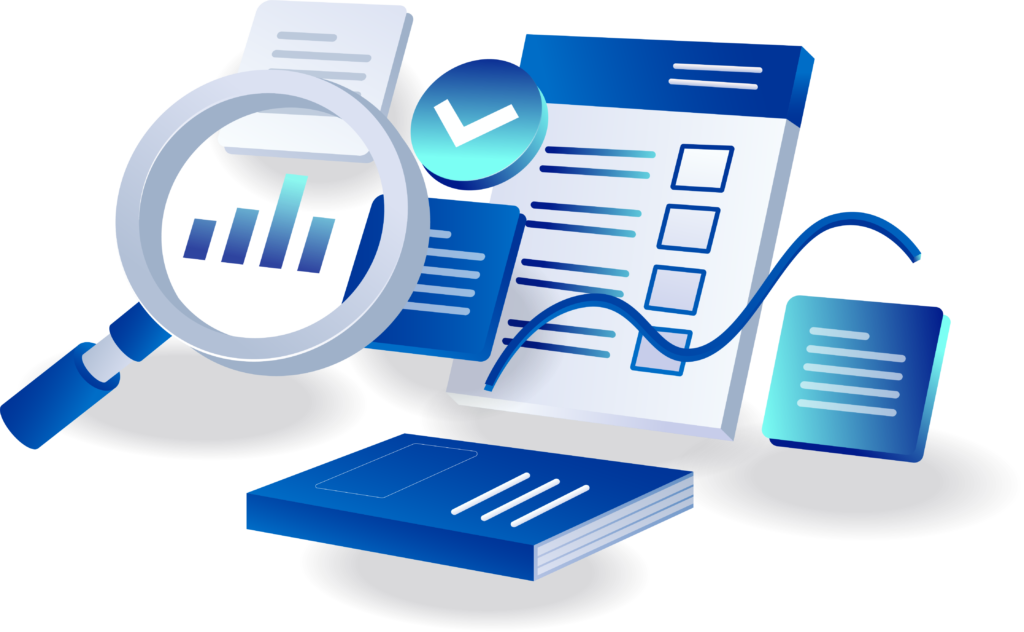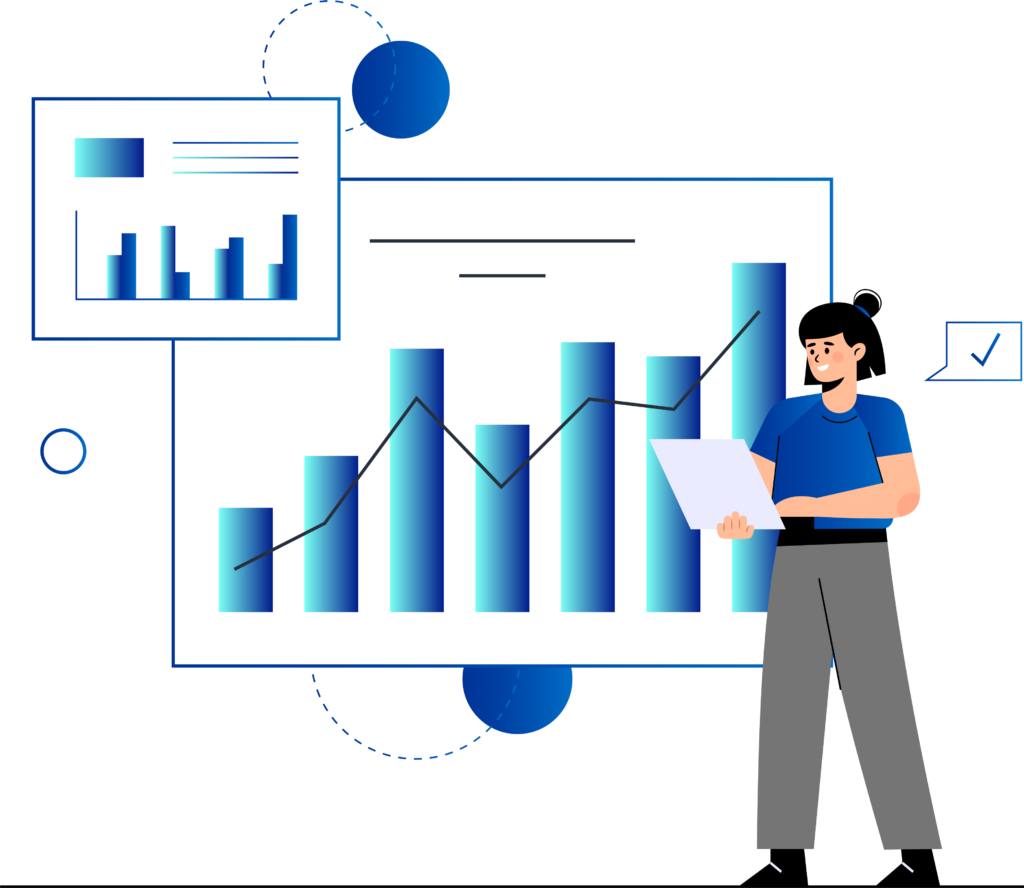SEO Audits
What is SEO Audit?
A website’s performance in terms of SEO is evaluated and analysed through the process of SEO audits, which also identifies areas that can be improved.
Reviewing the website’s on-page elements, such as meta tags, headings, keyword usage, content quality, URL structure, and internal linking, is a part of on-page optimization.
These factors concentrate on evaluating the website’s technological foundation, such as its crawl ability, indexing, speed, mobile friendliness, XML sitemaps, canonicalization, structured data, and other factors.
The total user experience of a website, including aspects like site navigation, usability, mobile friendliness, page layout, and load speeds, may be assessed as part of an SEO audit.
Enhancing user experience can have a favorable effect on user engagement and search rankings.

What Are The Trump Cards For Choosing Us?

Professional SEO Analysis Services
Professionals with extensive knowledge and expertise in the field of search engine optimization frequently offer SEO audit services. They have a thorough awareness of industry trends, algorithms, and best practices for SEO. By using an SEO audit service, you can take advantage of their knowledge to get insightful analysis and suggestions that are unique to the SEO performance of your website.

Review All Of Your SEO Components
The SEO components of your website, such as on-page optimization, technical SEO, backlink profile, user experience, and more, are thoroughly examined by SEO audit services. To find problems, weak points, and places for improvement, they combine tools, data analysis, and manual assessment. You may get a complete picture of the SEO performance of your website thanks to the thorough study.

Better Evaluations
An external SEO audit service offers an unbiased evaluation of the SEO of your website. They are not impacted by internal prejudices or presumptions, enabling an unbiased appraisal of the advantages and disadvantages of your website. This objectivity aids in discovering problems and blind spots that internal teams may have missed.

Stay Current
Since algorithms and best practices are always changing, SEO is a dynamic field. By using SEO audit services, you can be sure that your website is always using the most recent SEO practices and industry standards. The audit service keeps track of algorithm modifications, market developments, and new SEO tactics and offers suggestions that are consistent with accepted best practices.
Additional Informations About SEO Audits
The on-page factors affecting SEO
- Faculty positions of keywords
- Incomplete title tag
- Placements of heading tags and meta descriptions.
- Bad quality contents
- Log and complex URL use
- Not maintaining the proportions of the links
- Slow loading pages
The off-page factors affecting SEO
- Low quality backlinks
- Lack of variety in the linkages
- Inappropriate social signaling and connection
- Brand mentions and online reputation
- Using wrong influencers
- Wrong Local SEO and citations
The server files affecting SEO
.htaccess
A configuration file for Apache web servers is called .htaccess. It enables you to carry out a number of server-level redirects, including 301 redirects for URL updates and redirecting non-www URLs to www. The.htaccess file should be configured correctly to ensure appropriate indexing of your website and avoid duplicate content problems.
robots.txt
Search engine crawlers are instructed by the robots.txt file which areas of your website to crawl and which areas to skip. The robots.txt file allows you to restrict search engine access to particular pages or directories by setting the necessary parameters. It helps stop sensitive or duplicate content from being crawled and indexed by search engines, which could hurt your SEO efforts.
Sitemap.xml
An XML file called a sitemap.xml contains a list of all the pages on your website along with metadata. It aids in the discovery and crawling of every page on your website by search engines. You can make certain that your website is completely indexed and all pages are correctly recognised by updating and uploading your sitemap.xml file to search engines on a regular basis.
Canonical Tags
Canonical tags are part of your web pages’ HTML code, not a server file, yet they can have an impact on SEO. When there are many versions of a page with the same content, canonical tags identify the preferable version. You can avoid problems with duplicate content by supplying the canonical URL, which also combines the ranking signals for the preferred page.
